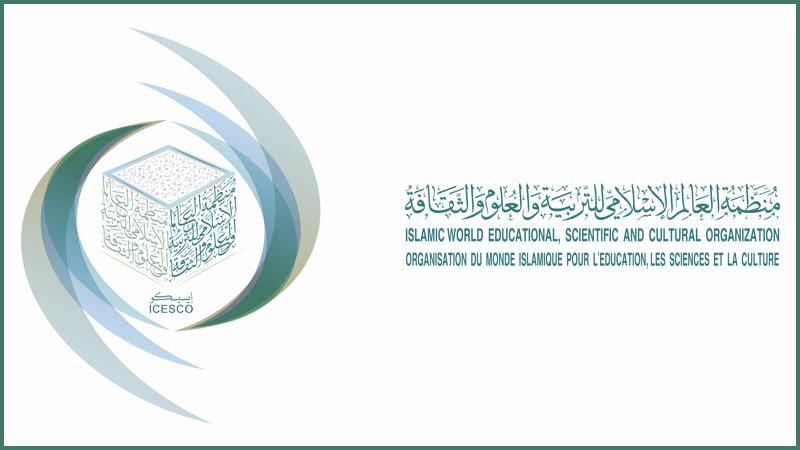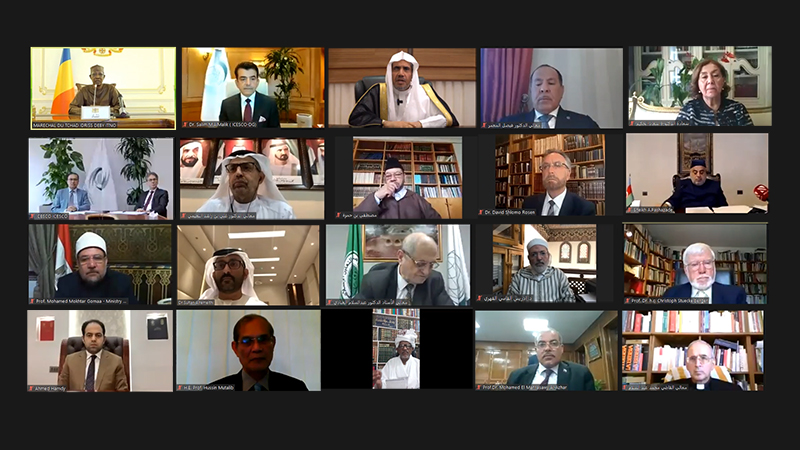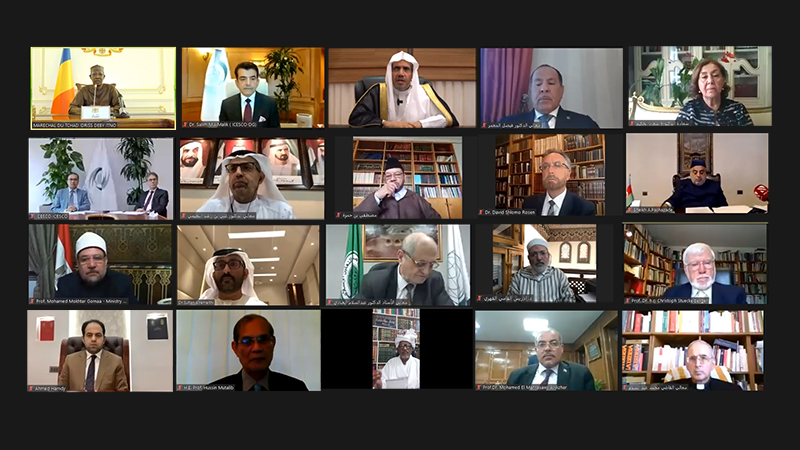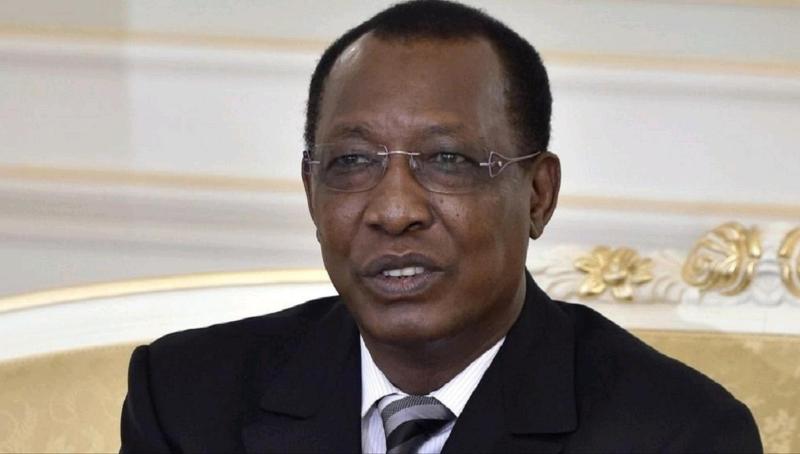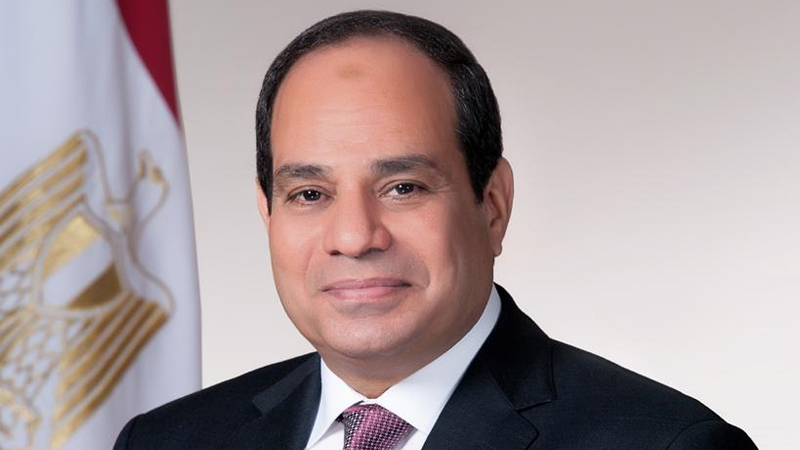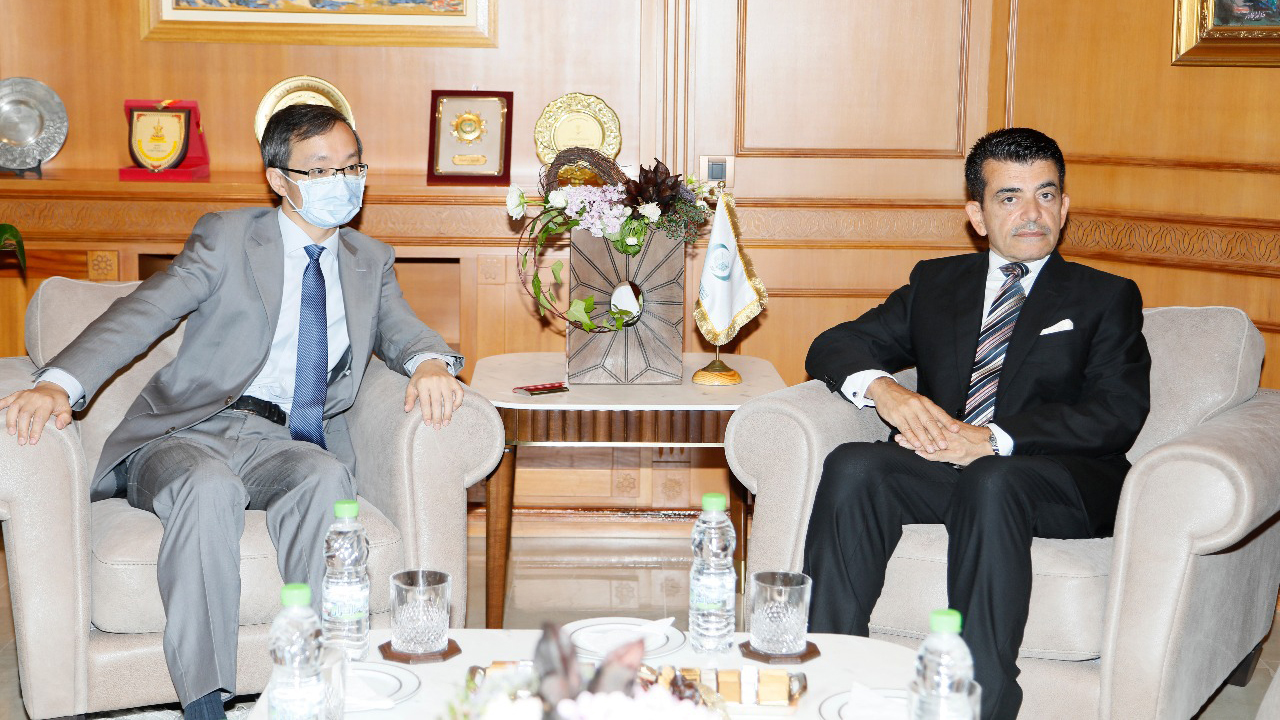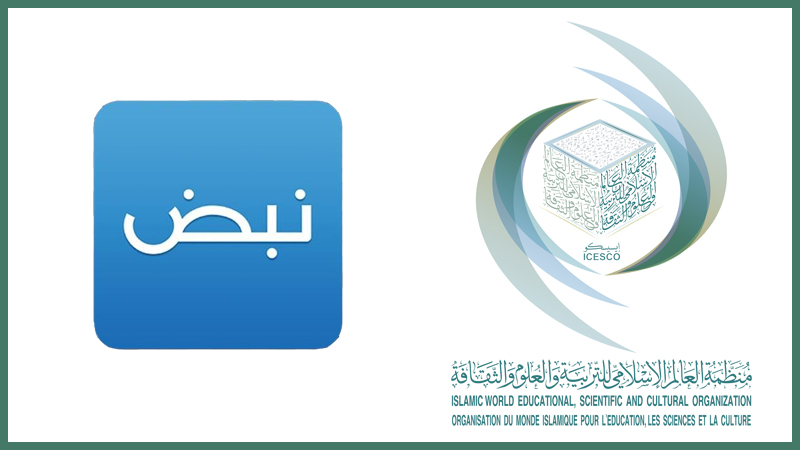The International Virtual Forum “Role of Religious Leaderships in the Face of Crises,” held by the Islamic World Educational, Scientific, and Cultural Organization (ICESCO), in cooperation with the Muslim World League (MWL) and the International Muslim Communities Council, under the theme “Towards global moral solidarity of religious leaderships,” kicked off today, July 21 with high-level participation.
The opening session was presided by President Idriss Deby Itno of the Republic of Chad, who stressed in his address the importance of religious leaderships during crisis and times of conflict to restore peace and security, adding that the Muslim Ummah and humanity are in dire need of enlightened scholars, and all the monotheistic books call for the values of coexistence and sharing.
Besides, President Idriss Deby Itno congratulated ICESCO for holding this Forum and choosing such a key topic. He highlighted that this indicates the Organization’s advanced vision in countering crises as the COVID-19 pandemic has spread horror among millions of people and threatened the social fabric and economic future of humanity while stressing the need for sharing opinions to overcome this crisis.
In his address, Dr. Salim M. AlMalik, ICESCO Director-General, reaffirmed the growing role of religious leadership towards achieving the aspirations of humanity as a whole, including global moral solidarity to achieve the lofty objectives and establish international peace and security.
Dr. AlMalik also stated that “since the outbreak of the pandemic, ICESCO has launched many initiatives, which were largely welcomed as part of the efforts to counter the repercussions of COVID-19 in the educational, humanitarian, psychological, and spiritual fields. This Forum will allow the various leaderships to highlight their role in addressing crises and agree upon the guidelines of the common ethics to deal with these crises”.
Afterward, Dr. Muhammad Abdul Karim Al-Issa, MWL Secretary-General, gave an address wherein he reaffirmed the great role of religious leadership, particularly during crises when the religious and spiritual values get stronger, and people resort to their religious leaderships, which stress the importance of holding such Forum.
In his address, Dr. Muhammad Mokhtar Goma, Egyptian Minister of Awqaf, said that the nations not built on ethics and values face many risks. “Throughout human history, all the nations that deviated from their values disappeared. The ethical standard is always constant, and ethics are integral and reject double standards,” he added.
On his part, Sheikh Islam Allahshukur Pashazade, Grand Mufti of Azerbaijan and Caucasus, thanked ICESCO and all the Forum’s participants and reaffirmed that the values of obedience to parents, observance of the right of orphans, tolerance, respecting neighbors’ rights among individuals and countries embody the essence of religions and common sense while hoping that religious leaderships would strive to achieve these values.
President of Al-Azhar University, the Grand Imam Dr. Ahmed El-Tayib, Shiekh Al-Azhar, stressed in his address, given on his behalf by Dr. Mohamed al-Mahrasawi, that moral solidarity is critical during crises and religions seek to entrench an ethical environment for everyone, adding that Islam allows no room for intellectual or doctrinal manipulation and ethics are cherished by all religions.
Dr. Ali Rachid Al-Nuaimi, Chairman of the International Muslim Communities Council, stressed that all religions include noble values, and the religious leadership should respect the real responsibility and the decisions of the political leaders.
Afterward, Dr. AlMalik closed this opening session and started the working sessions.


